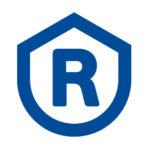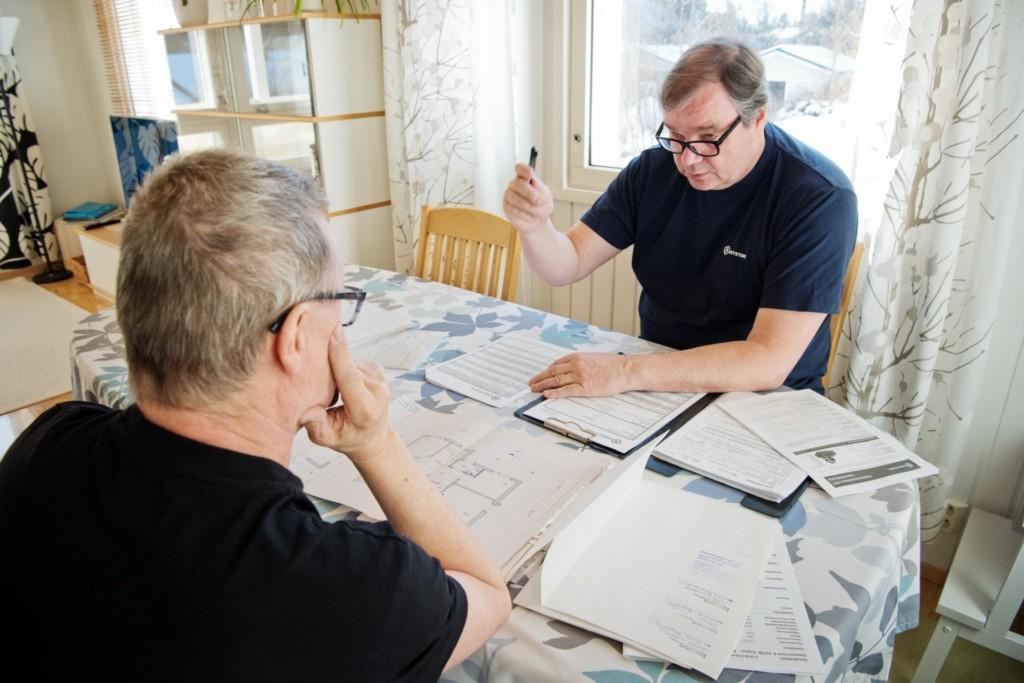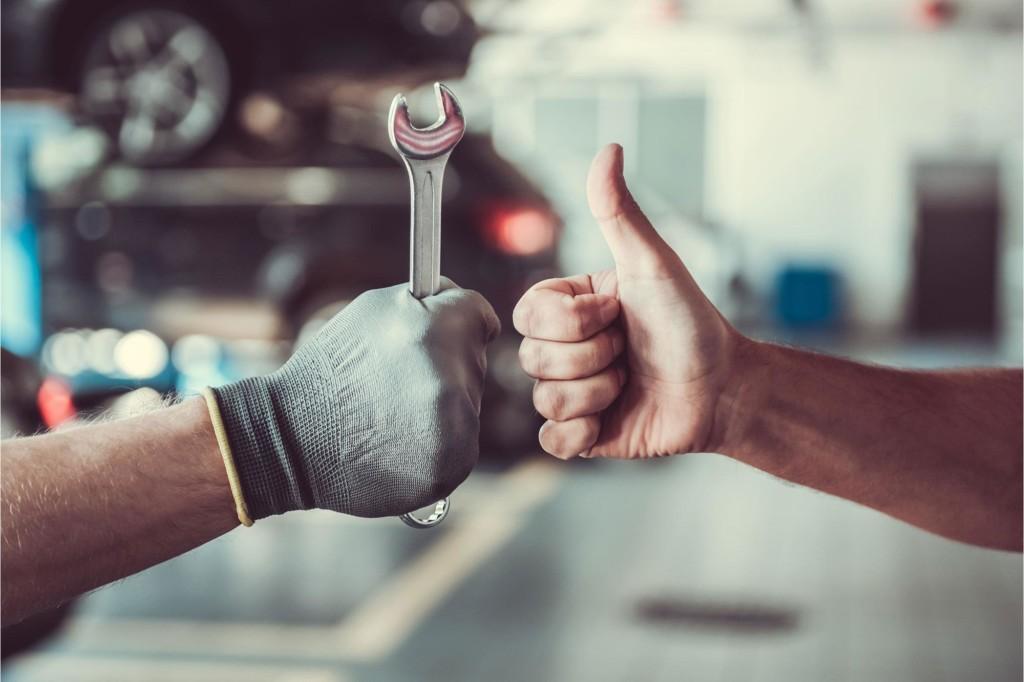Good condition inspectors need professional ethics in addition to expertise
In housing trade, the legal protection of both the buyer and the seller may be compromised due to humidity damage or health hazards that are detected after the closing of the sale. Buildings are not regularly inspected – unlike cars, even though their value is only one-tenth of that of a house.
A house may therefore be in almost any condition whatsoever, and if the condition is not properly investigated, the risk of having a bad housing transaction experience is high. It certainly makes a difference who inspects a building in connection with a housing transaction and how.
Compliance with KH card
In Finland, there are clear instructions on how to perform a condition inspection in connection with a housing transaction in the KH card system (KH card 90-00394). When these instructions are followed, all of the parties will be aware of the actual condition of the building.
Condition inspectors can obtain a separate certification of Asuntokaupan Kuntotarkastaja (Housing Trade Condition Inspector, AKK). The supervisory body for the AKK system and the inspector qualifications is FISE Qualification of Professionals in Building, HVAC and Real Estate Sector in Finland.
However, neither compliance with the performance instructions nor the certification is a mandatory requirement for calling yourself a condition inspector and performing inspections when homes are being bought and sold.
An appropriate condition inspection is performed by a person with the AKK certification who follows the above-mentioned performance instructions. The good practices prepared for real estate agents also state that a condition inspection in connection with a housing transaction should be prepared in accordance with the KH card, and that such a condition inspection should always be performed in connection with the sales of a property.
If the inspector is not committed to following the instructions, it is very difficult to hold them liable for their actions in arrears, because their performance cannot be compared to the instructions. Hence, investigating the qualifications of the inspector before the inspection and preparing a written agreement on the contents of the condition evaluation are of utmost importance. If the condition inspector does not state that they will follow the performance instructions and says instead that they will, for instance, perform the condition inspection by adapting the instructions, the client should be concerned and use a qualified condition inspector instead. A qualified condition inspector always performs the inspection in compliance with the performance instructions.
Objectivity
Marko Malmivaara, the Managing Director of Raksystems Insinööritoimisto Oy, emphasises that in addition to professional skills, the condition inspector’s absolute impartiality is important.
“The building and its properties must be assessed in the same way regardless of who the client is. Opinions or impressions of the people present during the site visit must not influence the inspection: instead, the expert must be a professional also in this respect,” Malmivaara says.
Passion towards the industry, structural physics and personal development
In addition to the characteristics listed above, a good condition inspector is passionate about their work. They have completed basic education in the field of construction; inspectors are usually civil/construction/building engineers. They keep up with the changes of the norms and regularly attend training courses to maintain their expertise. They are familiar with structural physics and indoor air surveys, as well as health hazards in buildings.
In addition to being a professional, a good condition inspector knows how to explain their findings to a consumer in layman’s terms.
Experience and caution
A good condition inspector has more than five years of experience in the field, especially in the assessment, surveying and inspection of humidity and mould damage.
A good condition inspector knows how to avoid erroneous conclusions during the site visit and will carefully weigh what they say and write in their report based on the observations made. Producing content that will serve regular consumers is especially important.
“A good condition inspector ensures that the parties to the transaction – the seller, the buyer and the real estate agent – really understand the information provided in the report,” Malmivaara explains.
Experience and a certain amount of caution allow the inspector to write a report that clearly states the inspector’s opinions but does not include any unjustified conclusions.
Bears their responsibility
The condition inspector can be held liable for the inspection results in accordance with section 8 of the Consumer Protection Act. The liability cannot be limited to the amount of the fee. The inspector is obligated to ensure that the condition inspection is professionally carried out compliance with the agreement and the performance instructions. Naturally, the inspector is also obligated to ensure that the observations and conclusions made and the action recommendations given are professionally justified and comply with the professional ethics.
If it is determined that the inspector made a mistake, the inspector can be held liable for the damage that was not detected or the “false alarm” caused to the client. The inspector cannot be held liable for the costs arising from damage repairs, however; instead, the inspector will be held liable for any damage caused to the client by the fact that the inspector failed to observe a fault or defect or the fact that the inspector gave an action recommendation that proved erroneous and was not based on proper justification. Naturally, the inspector’s liability does not influence any liabilities of the buyer and the seller based on the Housing Transactions Act or the Code of Real Estate.
A good condition inspector has taken out a general liability insurance policy the compensation value of which exceeds the fee in case of an occurrence of damage. This is extremely important for the consumer, as the price of an inspection does not usually exceed €2,000, but damage in a building may lead to significant costs.



